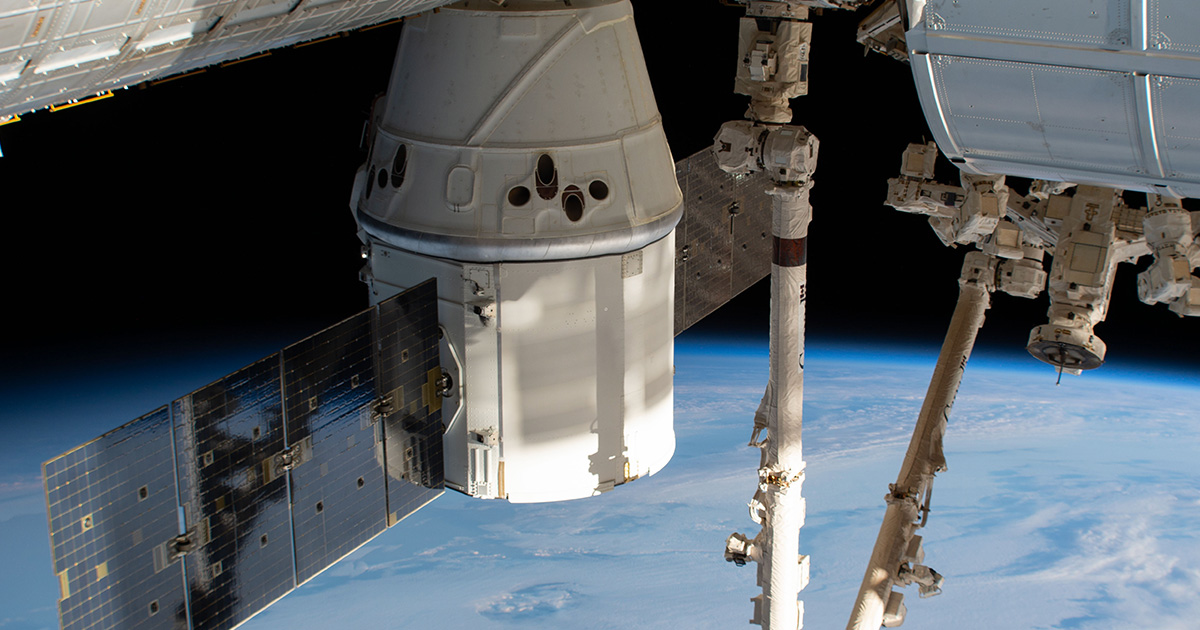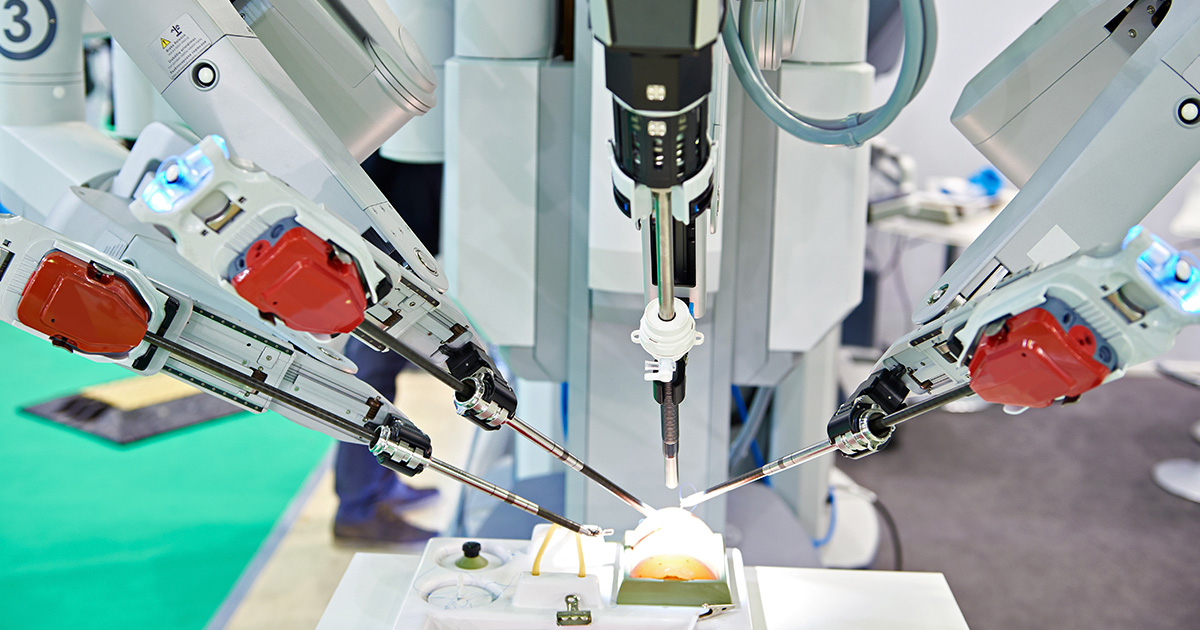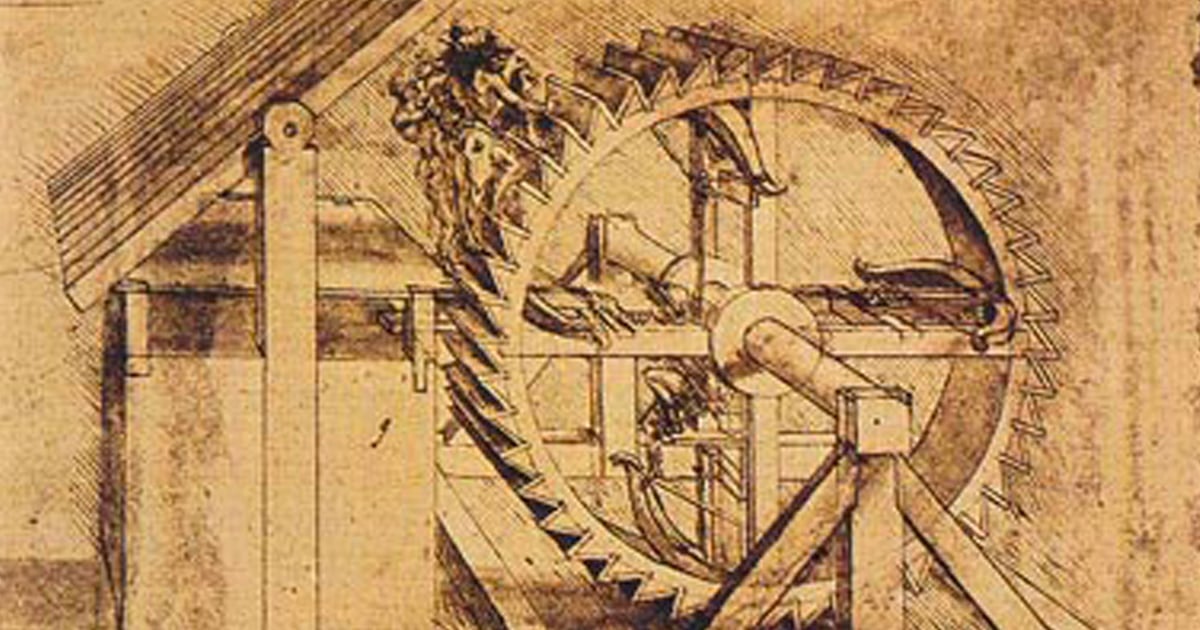What is Human Augmentation?
Human augmentation (a.k.a. Human 2.0) seeks to enhance and exceed the natural cognitive and physical abilities of people through integrated technology. There are many applications of human augmentation with devices such as cochlear implants to increase sensory perception and orthotics that enhance motion or muscle capability. Some researchers are even working on data-connecting devices that would link the human body to visual/text-based sources of information. A decade or so ago, most people probably would have associated a “power suit” with corporate attire. The notion of a metal “skin” with motors to enhance human strength far beyond normal capability once science fiction, now is “science fact.” In this article, we take a closer look at the evolution of wearable and remote-controlled robots, and how an iterative design process has enabled incremental improvements in the pursuit to create bionic humans.

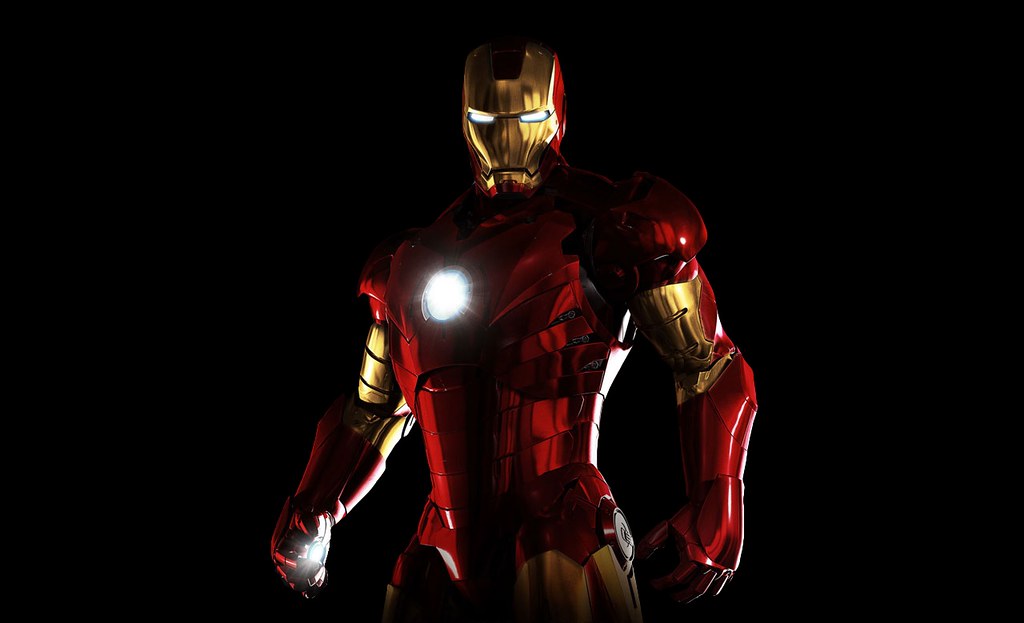
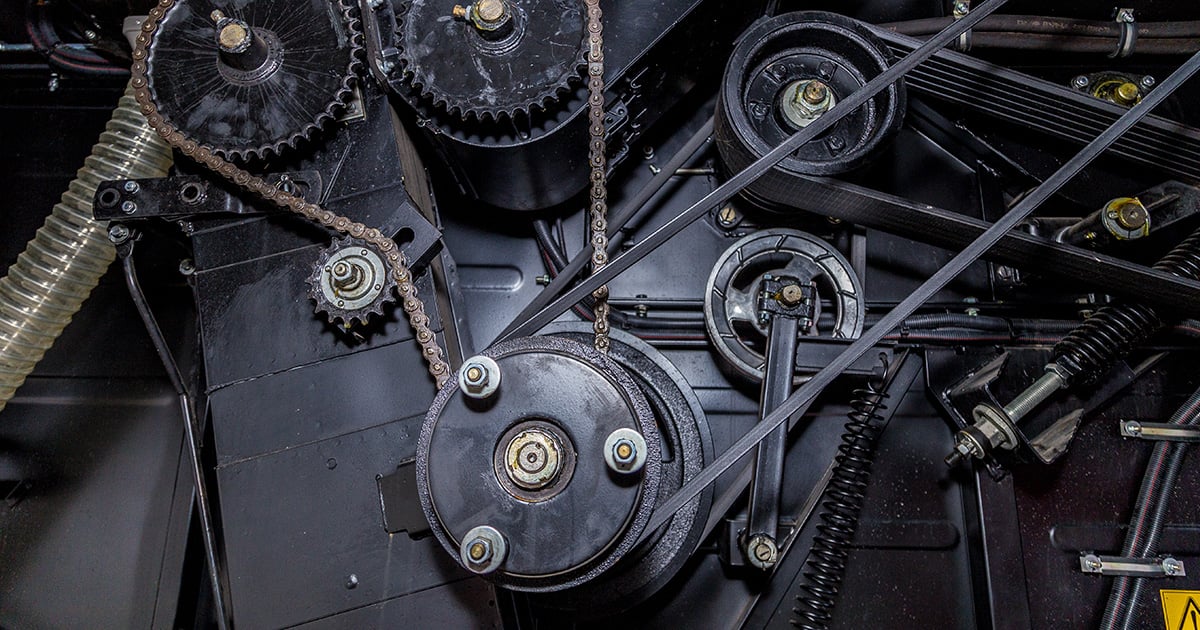
.jpg)
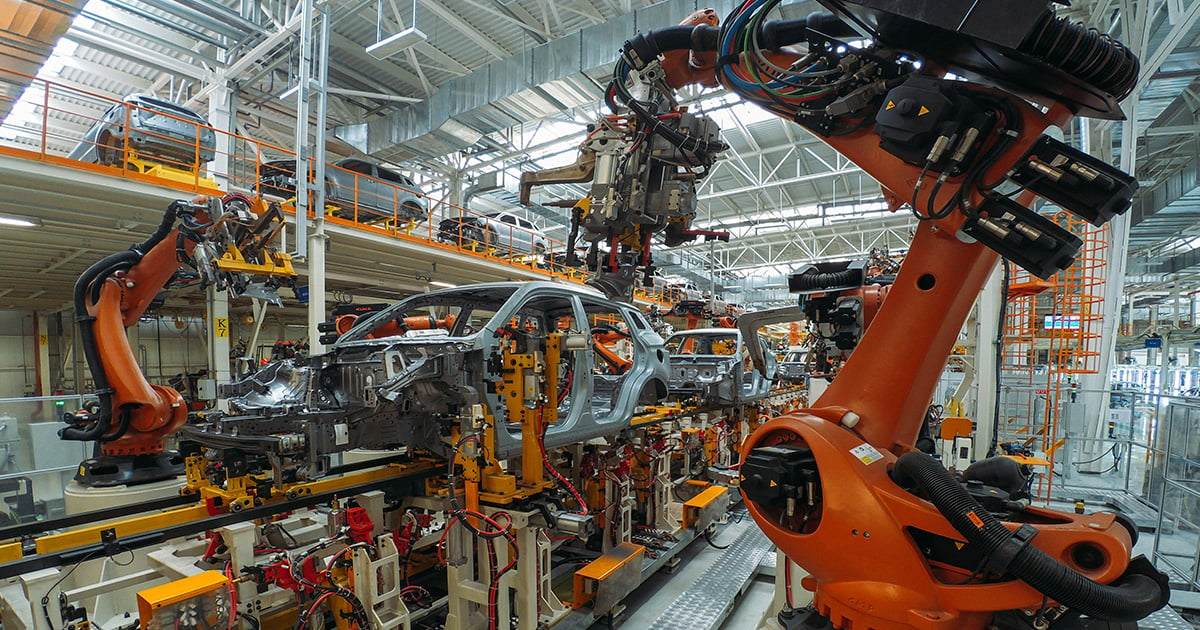
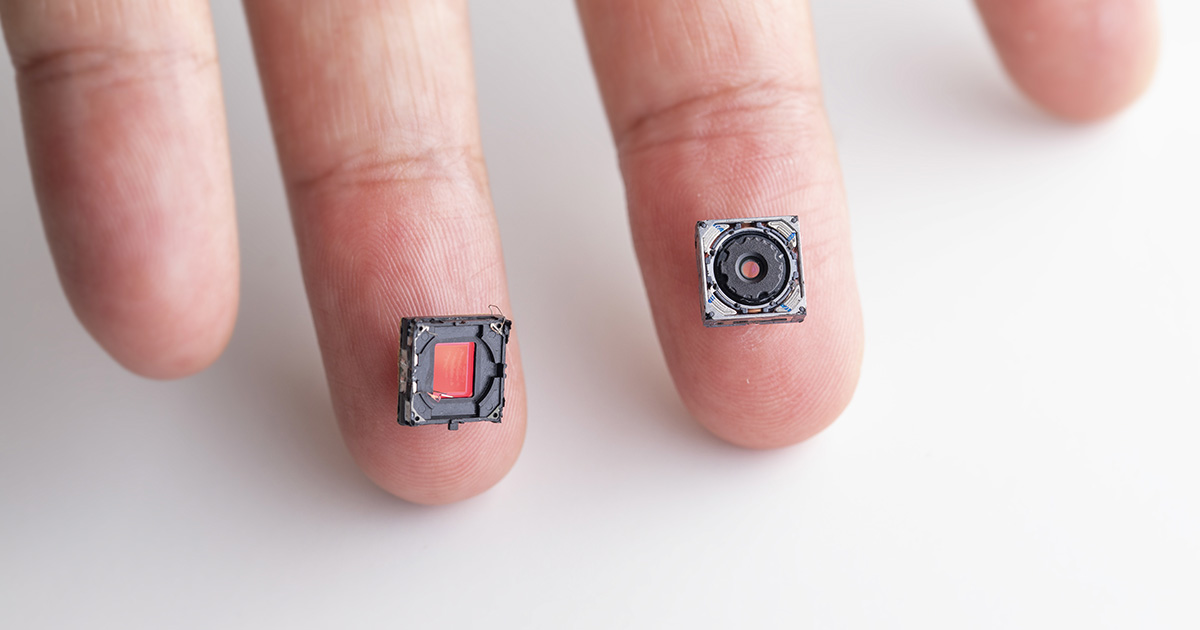
.jpg)
